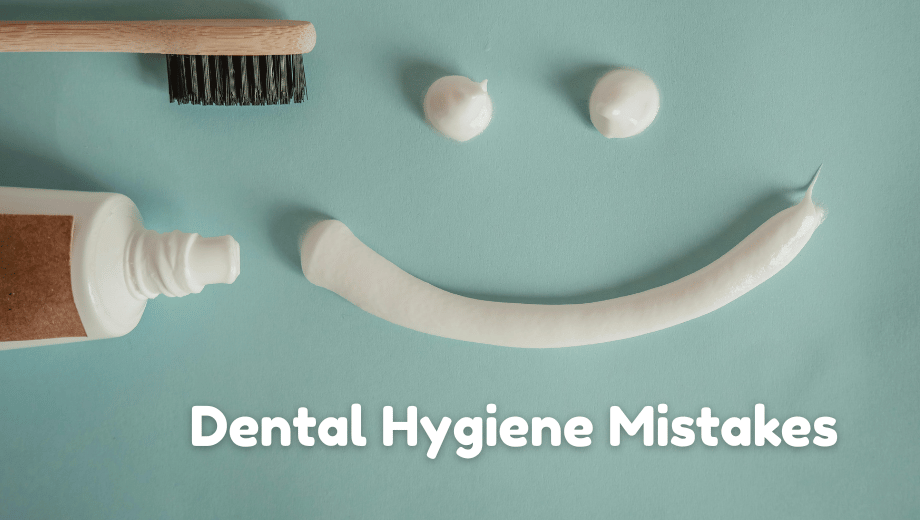Brushing your teeth morning and night is a good start, but it’s far from the full picture when it comes to oral health. The truth is, even the most well-intentioned routines can hide a few unhelpful habits. They creep in gradually and stick around, sometimes for years, until they show up as sensitivity, stains, or a hefty dental bill.
If you have been dealing with recurring dental issues and are thinking about seeing a dentist near Narre Warren, it might be worth taking a closer look at your daily routine to see whether some of these common mistakes have found their way in.
Brushing Too Hard or Too Quickly
A firm hand might feel like it is doing a thorough job, but brushing with too much force actually chips away at your enamel and irritates your gums. Over time, this can lead to gum recession and sensitivity that’s hard to ignore.
The other problem is speed. Giving your teeth a hasty once-over in under two minutes leaves plenty of plaque behind, particularly in the corners and along the back teeth. The fix is simple, slow down, use gentle pressure, and choose a soft-bristled brush that’s kind to your gums.
Neglecting the Gumline
It is easy to focus on the white, visible part of your teeth and forget the strip where teeth meet gums. Unfortunately, that is prime real estate for plaque and bacteria. Neglect it and gingivitis can sneak in, which, if ignored, can progress to gum disease.
Aim your toothbrush at a 45-degree angle towards the gumline and sweep gently to clean it thoroughly. And don’t forget to floss because it is the only way to clear the debris your toothbrush can’t reach between teeth.
Using the Wrong Toothpaste for Your Needs
Not all toothpastes are the same. Some whitening formulas, for instance, can be a little abrasive if used too often, while fluoride-free pastes won’t give your enamel the minerals it needs to fight decay.
The right choice depends on your specific needs, whether that is tackling sensitivity, protecting enamel, or preventing cavities. Your dentist can point you towards the right product, saving you from trial and error in the supermarket aisle.
Forgetting to Replace Your Toothbrush
If the bristles on your toothbrush have started to splay out, they are past their prime. Worn bristles don’t clean effectively and can irritate your gums.
Most dental professionals recommend swapping brushes every three months, or sooner if you have been unwell. Hanging on to an old brush means less plaque removed and a higher chance of bacterial build-up.
Skipping Regular Dental Visits
Even the most diligent at-home care can’t replace professional check-ups. Dentists are trained to spot issues you’d never notice yourself, from hairline cracks to cavities forming between teeth.
Regular cleans also get rid of tartar, a hardened form of plaque that no amount of brushing or flossing will shift on its own.
Rinsing Immediately After Brushing
It might feel odd, but rinsing immediately after brushing actually reduces the benefits of your toothpaste. That thin layer of fluoride left behind helps strengthen enamel and defend against decay.
Give it at least half an hour before eating, drinking, or rinsing with water. If you really want to freshen up right away, go for a fluoride mouthwash instead.
Relying Too Heavily on Mouthwash
Mouthwash can be handy for freshening breath and reducing bacteria, but it is no replacement for brushing and flossing.
Without the physical action of cleaning, plaque has plenty of opportunity to stick around. Think of mouthwash as a supporting player, not the star of the show.
Takeaways
Your dental care routine is like an investment in your future health and confidence. By catching and correcting these everyday missteps, you can save yourself from discomfort, avoid unnecessary treatments, and keep your smile looking its best for years to come. Also, partnering with a trusted dentist can help you avoid common dental complications.




